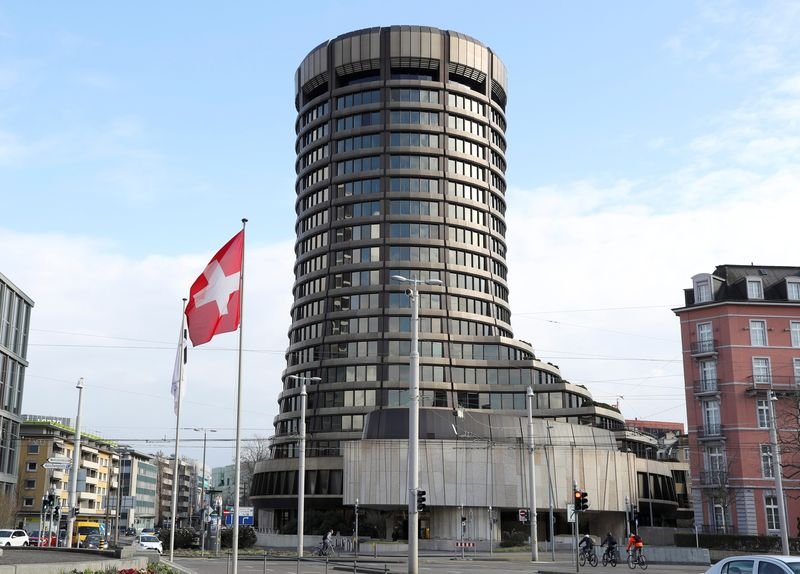Central bank body urges policy revamps to heed COVID lessons
Published by Global Banking & Finance Review®
Posted on February 3, 2025
2 min readLast updated: January 26, 2026

Published by Global Banking & Finance Review®
Posted on February 3, 2025
2 min readLast updated: January 26, 2026

BIS urges central banks to revise policies post-COVID, focusing on inflation management and interest rate adjustments.
By Marc Jones
LONDON (Reuters) - Central bank body the Bank for International Settlements has urged the likes of the Federal Reserve and European Central Bank to revamp the way they approach interest rate setting to avoid the collective failures that allowed inflation to soar after the pandemic.
Outgoing BIS chief Agustin Carstens used a speech almost five years to the day since COVID-19 shuttered the world economy to call for changes as part of "policy framework reviews" in both the U.S. and euro zone this year.
"The post-pandemic experience calls for rebalancing the frameworks towards the risks posed by inflation surges," Carstens said, adding that fan-chart style "scenario analysis" might work better than current "forward guidance" approaches.
Central banks still need to be able to "respond forcefully" when interest rates are at or near zero, but they should also use "decisive monetary tightening" when inflation rebounds, especially if it threatens to de-anchor price rise expectations.
Policymakers should rethink the merits of so-called "make-up strategies" used in recent years that committed central banks to compensate for inflation undershoots with subsequent overshoots.
That was seen when inflation rocketed to the highest levels in decades in the wake of the pandemic and as Russia's invasion of Ukraine in 2022 ramped up energy prices.
Many have blamed that for fuelling cost of living crises that saw swathes of incumbent governments, including in the U.S. and Europe, voted out of power last year, and for putting more political heat on central bankers.
"The strong public resentment triggered by the inflation surge also suggests that letting inflation rise above target risks undermining public support for central banks and possibly even threatening their independence," Carstens said.
The Fed and ECB are both kicking off policy reviews that are expected to conclude around the middle of the year. Notably neither are rethinking their respective 2% and, just below 2%, inflation goals.
(Reporting by Marc Jones; Editing by Jamie Freed)
The BIS urged central banks like the Federal Reserve and European Central Bank to revamp their approach to interest rate setting as part of policy framework reviews.
Make-up strategies are commitments by central banks to compensate for inflation undershoots with subsequent overshoots, which have been called into question by recent inflation surges.
The surge in inflation has been blamed for fueling cost of living crises, leading to the ousting of several incumbent governments in the U.S. and Europe.
Both the Fed and ECB are maintaining their inflation targets at 2% and just below 2%, respectively, despite ongoing policy reviews.
The BIS suggests that allowing inflation to rise above target levels risks undermining public support for central banks, potentially threatening their independence.
Explore more articles in the Headlines category


